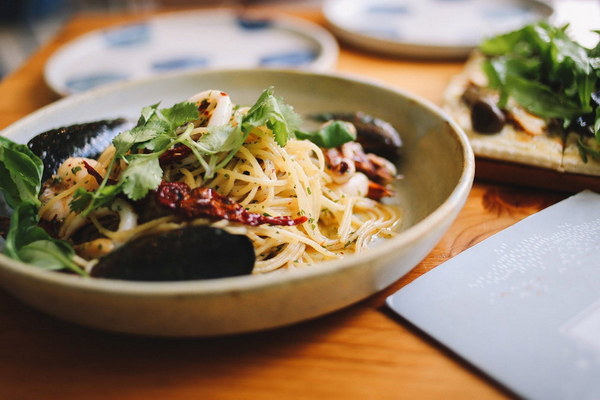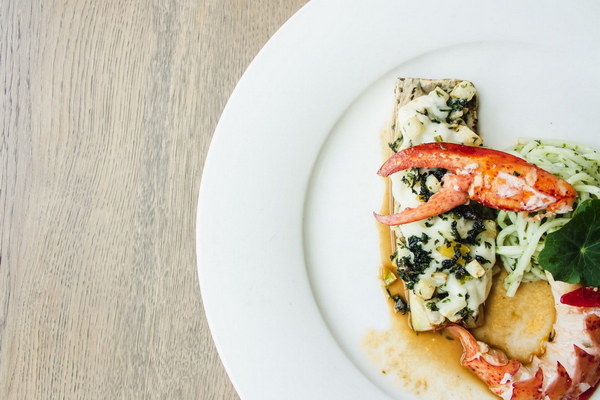Embracing the Chinese Retirement and Health Culture A Journey of Well-being and Harmony
In recent years, the concept of retirement has evolved beyond mere relaxation and leisure. China, with its rich cultural heritage and traditional values, has embraced a unique approach to retirement and health, known as the Chinese Retirement and Health Culture. This article aims to explore the essence of this culture and its profound impact on the lives of Chinese retirees.
The Chinese Retirement and Health Culture is deeply rooted in the country's time-honored principles of harmony, respect, and community. It emphasizes the importance of maintaining physical, mental, and social well-being during the retirement years. Here are some key aspects of this vibrant culture:
1. Traditional Chinese Medicine (TCM)
TCM has been an integral part of Chinese culture for thousands of years. Retirees in China often turn to TCM for holistic health care, which includes acupuncture, herbal medicine, and Qigong exercises. These practices help improve their overall well-being, alleviate pain, and enhance their immune system.
2. Healthy Living and Diet
Chinese retirees are inclined to adopt a healthy lifestyle, which includes a balanced diet and regular physical activity. Their diet consists of fresh, whole foods, such as fruits, vegetables, grains, and lean proteins. They also prioritize exercise, such as Tai Chi, walking, and yoga, to maintain their physical fitness and flexibility.
3. Community Engagement and Social Activities
Retirement in China is not just about personal well-being but also about social connections. Retirees actively participate in community activities, clubs, and volunteer work. This helps them maintain a sense of purpose, foster friendships, and contribute to the welfare of others.
4. Mindfulness and Meditation
Mindfulness and meditation are essential components of the Chinese Retirement and Health Culture. These practices help retirees manage stress, improve concentration, and cultivate a sense of inner peace. Many retirees attend meditation classes, participate in guided mindfulness sessions, and even embark on retreats to deepen their spiritual journey.

5. Cultural Heritage and Travel
Retirees in China often travel to explore the country's rich cultural heritage. They visit historical sites, museums, and participate in traditional festivals. This not only enriches their lives but also promotes cultural exchange and understanding among the elderly.
6. Family and Filial Piety
Family is at the heart of the Chinese Retirement and Health Culture. Retirees value the importance of filial piety, which involves showing respect and care for their parents and elders. Many retirees continue to live with their families, while others maintain close relationships with their offspring and frequently visit them.
In conclusion, the Chinese Retirement and Health Culture is a testament to the nation's deep-seated values and traditions. It promotes a holistic approach to well-being, emphasizing the importance of physical, mental, and social health. By embracing this culture, Chinese retirees can lead fulfilling and harmonious lives, leaving a positive impact on their families, communities, and society as a whole.









